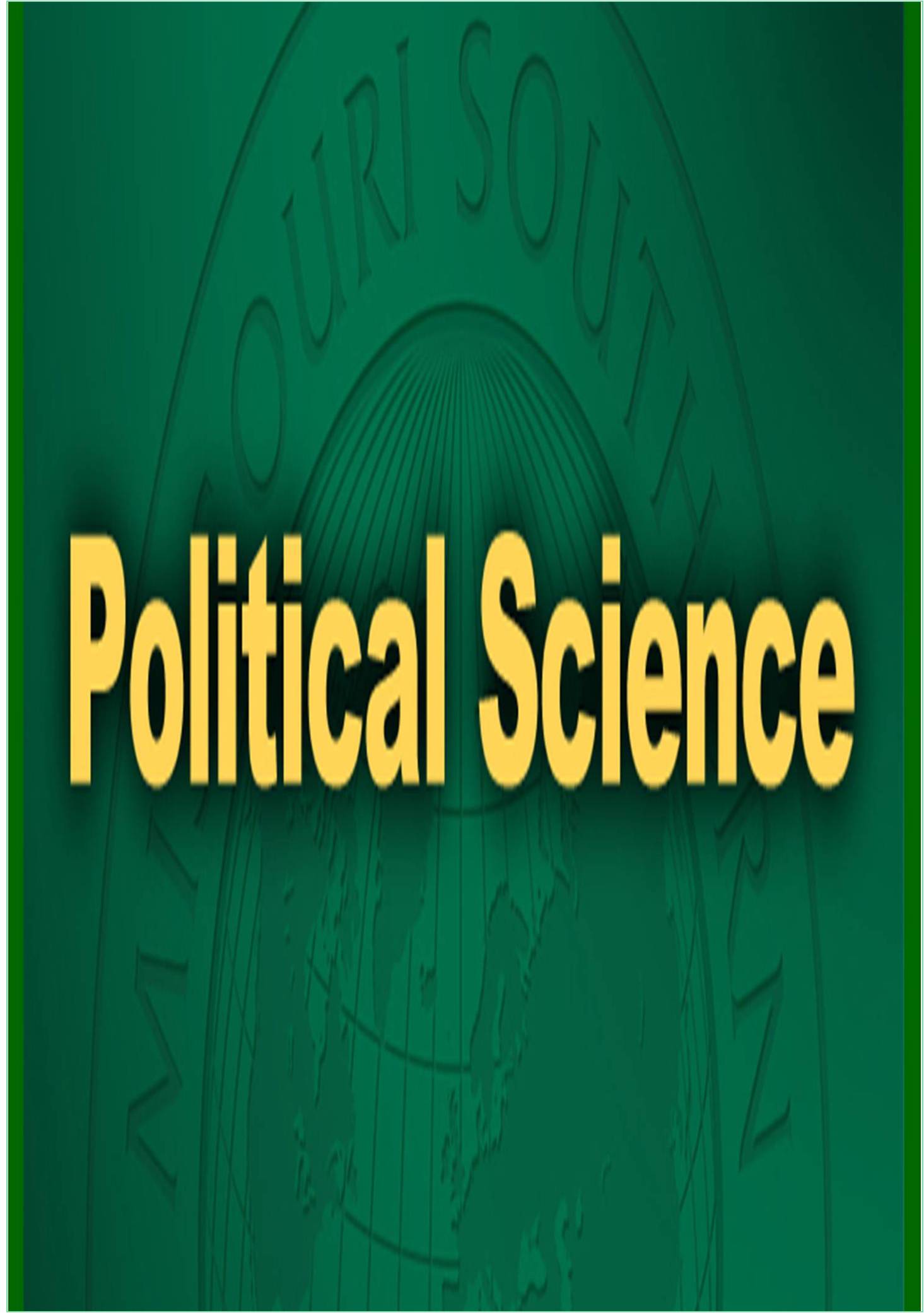



Published: 08-Jul-2021
Greater partisan alignment among lawmakers enhances their ability to respond rapidly to adverse shocks, but it also undermines the quality of checks and balances and encourages excessive governmental intervention in local areas aligned with the ruling party. We investigate how this type of local policy risk affects IPO underpricing. One standard-deviation increase in political alignment between local politicians and the federal government translates into an extra $ 1.58 million being left on the table, which corresponds to 5.39% of the average valuation discount. This effect is concentrated in firms that are vulnerable to legislative interventions and has important long-term implications.
Although there is a widespread acceptance of the notion that political uncertainty has a pervasive influence on corporations, most of the existing evidence on this topic focuses on the consequences of electoral risk (the uncertainty about election outcomes) or, more generally, on the economic implications of a politically charged atmosphere (e.g., political bickering within the media).
In spite of these potentially severe consequences, this form of policy risk has received limited attention in the academic literature. Perhaps more importantly, prior studies of politics and finance have mostly focused on large, established corporations, thus giving far less attention to small, young, fast-growing, entrepreneurial firms like those conducting initial public offerings.
The economic implications of a perfect partisan alignment between the executive, legislative, and local branches of U.S. government can be significant for economic agents. In light of the above, we predict that IPO issuers located in states exposed to drastic policy change, as a result of closer alignment with the current government, will choose to withhold investment until the uncertainty surrounding the government's future actions is resolved. This will translate into less sustainable, and possibly lower, subsequent profitability. In addition, if the knowledge environments of firms located in areas of high proximity to political power are disproportionately infused
Based on above arguments, local policy risk emanating from greater alignment with the ruling party should have a first-order (adverse) effect on the ability of private firms to raise capital in the primary equity market. In response, IPO issuers, alongside their investment bankers, will discount their stock so as to render their issues more attractive and to stimulate investor demand. The degree of such IPO underpricing won't be uniform across the political map; instead, it should be more pronounced in those areas that are presumably to be targeted by the federal legislative process. The economic effect is sizeable, since a one-standard-deviation increase in the PAI score translates into $1.58 million being left on the table, which accounts for 5.39% of our period under pricing. Notably, this effect is driven primarily, with the extent of alignment between federal and state governments being less influential. This is not surprising, given that PAI-related uncertainty typically emanates from Congressional activities rather than those of state legislatures.